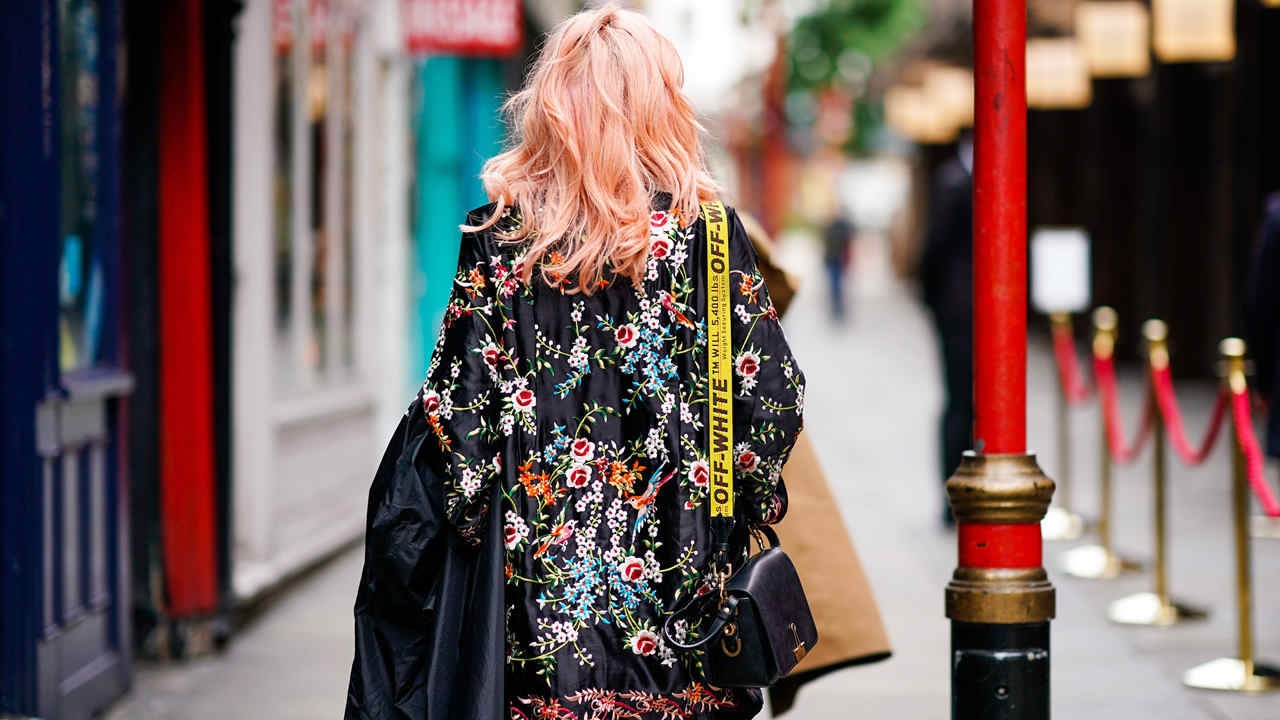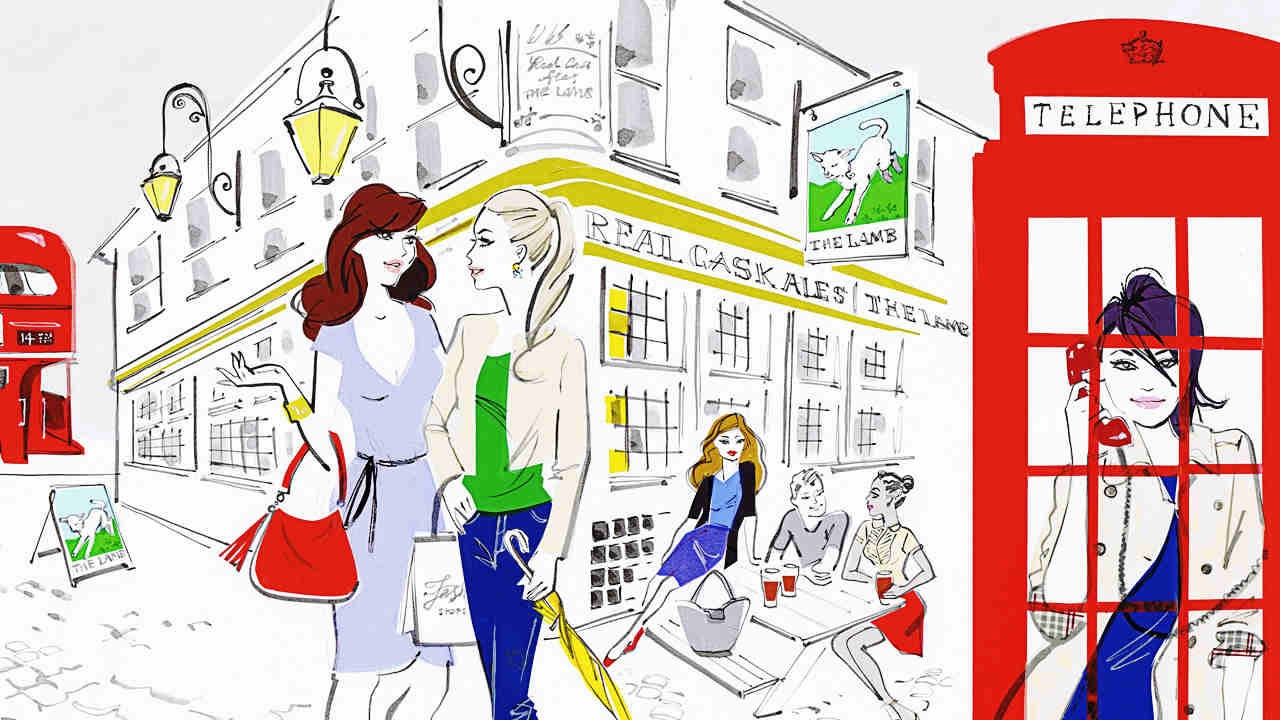
Business
18:05, 22-Sep-2017
UK fashion industry worries about future after Brexit
By CGTN’s Richard Bestic

As UK Prime Minister Theresa May prepares to set out her post-Brexit speech in the ancient Italian fashion town of Florence, all eyes in Britain’s “rag trade” will be looking for hints of friction-less borders.
The globalized glitz of the London fashion runway is the shiny surface of an industry that earns Britain nearly 40 billion US dollars a year, according to data from Oxford Economics.
The UK capital is one of the world’s four major centers of fashion and design and it represents 1 percent of UK GDP, meaning fashion is now worth as much as agriculture to the UK economy.

VCG Photo
VCG Photo
Based on data from Oxford Economics, in 2016, the industry employed nearly a million people in fashion, textiles and fashion retail, contributing over 28 billion British pounds (38 billion US dollars) to UK GDP. And its exports amounted to around nine billion British pounds.
While the country decided to leave the EU resolutely, there are questions about the UK capital’s place in the global clothing trade after Brexit.
Once Britain exits the EU, costs of imported fabric and production will go up. Higher cost will be undoubtedly passed on to consumers. And when it comes to recruitment, after Brexit, the process for non-native talent to relocate to the UK may become more complicated and difficult.
In that case, the sector is looking to May for some certainty and details about the future – the British Fashion Council and the British Retail Consortium have both appealed to the UK and the EU to fix a deal that avoids harming the multi-billion dollars industry.

VCG Photo
VCG Photo
British Fashion Council Chief Executive Caroline Rush said, "Of course we don't know exactly what's going to come from these negotiations. What it is about is being ready and making sure that we have the case studies, the information and the evidence to back up. We are pushing for talent, for visas and for the tariff free access and the friction-less borders.
But observers say hopes for easy access to the UK for foreigners are probably a “non-starter”.
“I don’t see that really happening. It would be great if it did, but I think from a technology point of view, we’re not there yet and we won’t be there by 2019. And the political willpower, I don’t think the EU are really going to push too hard to help us out with that,” said Ben Martin, an observer at the Brexit Tracker Company.
London will most likely remain a global hub for fashion and design after Brexit. For individual fashion houses, however, the planning for an uncertain time is just beginning.

SITEMAP
Copyright © 2018 CGTN. Beijing ICP prepared NO.16065310-3
Copyright © 2018 CGTN. Beijing ICP prepared NO.16065310-3